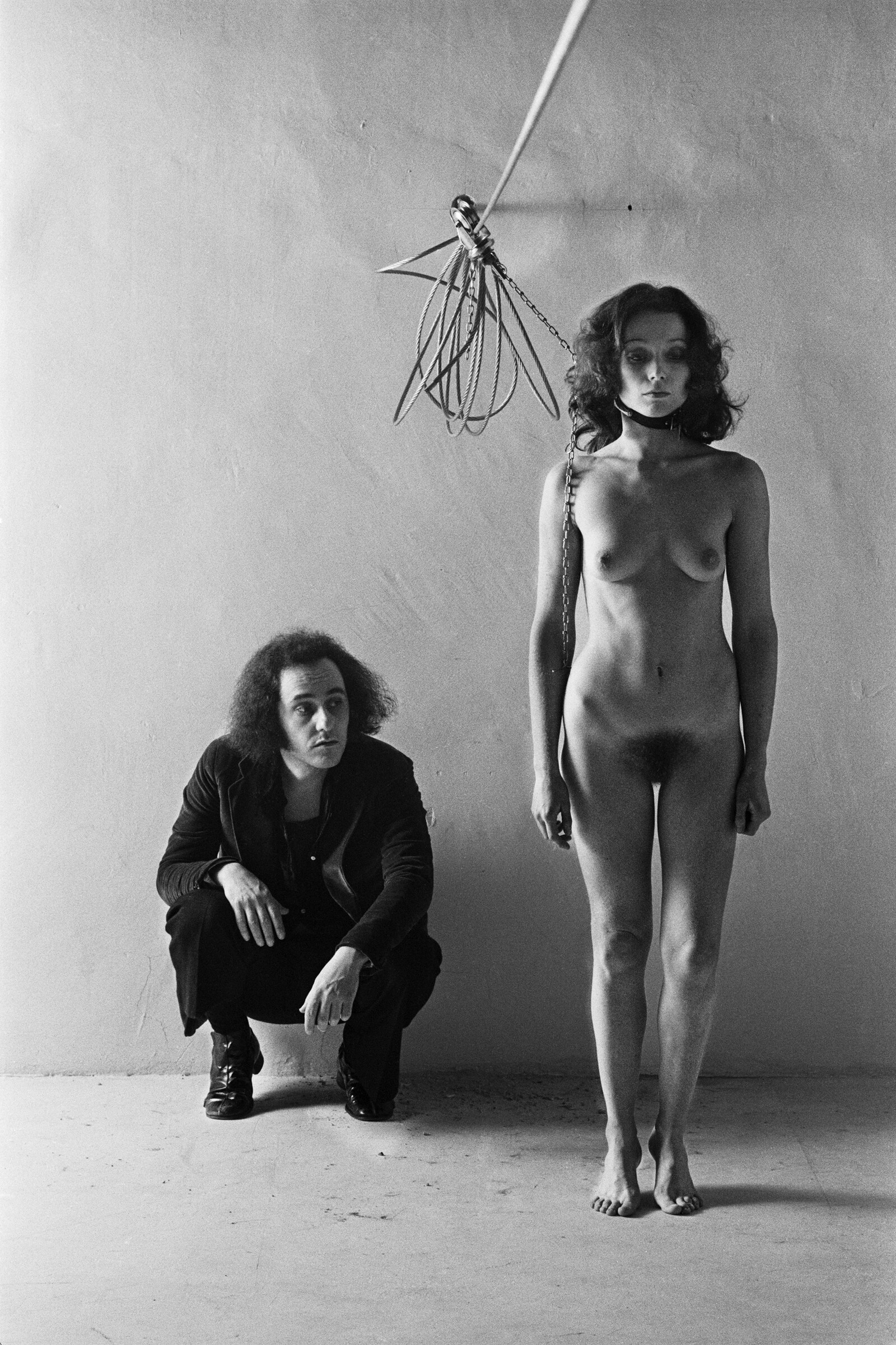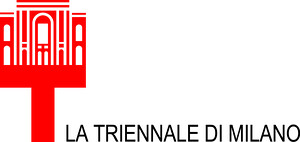November 26, 2015–March 6, 2016
Triennale di Milano presents Ennesima. An Exhibition of Seven Exhibitions on Italian Art, curated by Vincenzo de Bellis, with the artistic direction of Edoardo Bonaspetti, curator of Triennale Arte. Not “one” exhibition of Italian art but, literally, an “exhibition of exhibitions” that, via seven paths, tries to explore the last 50 years of contemporary art in Italy, collecting more than 120 works and over 70 artists, from the early sixties through to the present day, in a display extending over the whole first floor of the Milan Triennale.
The title is inspired by a work by Giulio Paolini, Ennesima (appunti per la descrizione di sette tele datate 1973), the first version of which, dated 1973, is divided into seven paintings. This gives the number of exhibition projects included in de Bellis’s exhibition for La Triennale: seven independent exhibitions, in the form of notes or suggestions that explore different aspects, links, coincidences and discrepancies, as well as the exhibition grammar in the recent history of Italian art.
Seven working hypotheses through which we can read, reinterpret and tell Italian art also through the analysis of some of the possible exhibition formats: from the solo exhibition to the site-specific installation, through to the thematic group show and chronological group show, the group exhibition on artistic movement and the medium-based group exhibition and on to the archive exhibition.
The path of Ennesima starts therefore with the thematic group exhibition entitled To Write an image, focused on the analysis of the centrality of iconography in the Italian artistic production from the sixties through to the present day, to continue with the group exhibition on an artistic movement entitled The image of writing: Group 70, visual poetry and verbal-visual investigations and dedicated to Visual Poetry, and then with Alessandro Pessoli: Sandrinus, the whole before the parts, the artist’s first solo exhibition in an Italian public institution. Central hub of the path is the medium-based exhibition The Performance Where Time Stands Still: Tableau Vivant between Reality and Representation, hinging on performance, with the objective of presenting an analysis of its development by focusing on the tableau vivant sub-genre, followed by A Choral Archive: The via Lazzaro Palazzi Space, the Experience of Self-Management and AVANBLOB, the exhibition of documents that, 25 years later, pays homage to the activities of the artists working in Milan proposing a first attempt at historization. 2015: present time, indefinite mood, a generation-based exhibition ends the path, revolving around a selection of artists born between the mid-seventies and eighties. The whole project is finally studded with site-specific interventions at crucial points of the exhibition path, gathered under the title of Here, Now and Elsewhere: Site-specific and Thereabouts, that fit transversely in respect of the other six exhibitions.
Artists:
Vincenzo Accame, Vincenzo Agnetti, Alessandro Agudio, Mario Airò, Yuri Ancarani, Giorgio Andreotta Calò, Francesco Arena, Stefano Arienti, Massimo Bartolini, Gianfranco Baruchello, Vanessa Beecroft, Alighiero Boetti, Monica Bonvicini, Lupo Borgonovo, Ugo Carrega, Elisabetta Catalano, Maurizio Cattelan, Giuseppe Chiari, Francesco Clemente, Roberto Cuoghi, Danilo Correale, Gino De Dominicis, Patrizio Di Massimo, Luciano Fabro, Lara Favaretto, Vincenzo Ferrari, Linda Fregni Nagler, Giuseppe Gabellone, Alberto Garutti, Francesco Gennari, Paolo Gioli, Massimo Grimaldi, Adelita Husni-Bey, Emilio Isgrò, Jannis Kounellis, Ketty La Rocca, Via Lazzaro Palazzi Space (Mario Airò, Vincenzo Buonaguro, Matteo Donati, Stefano Dugnani, Giuseppina Mele, Chiyoko Miura, Liliana Moro, Andrea Rabbiosi, Bernhard Rüdiger, Antonello Ruggieri, Adriano Trovato, Massimo Uberti, Francesco Voltolina), Marcello Maloberti, Lucia Marcucci, Nicola Martini, Fabio Mauri, Mario Merz, Marisa Merz, Eugenio Miccini, Luca Monterastelli, Liliana Moro, Maurizio Nannucci, Alek O., Martino Oberto, Luigi Ontani, Luciano Ori, Giulio Paolini, Pino Pascali, Diego Perrone, Alessandro Pessoli, Lamberto Pignotti, Vettor Pisani, Michelangelo Pistoletto, Paola Pivi, Luigi Presicce, Carol Rama, Pietro Roccasalva, Andrea Romano, Gianni Emilio Simonetti, Rudolf Stingel, Santo Tolone, Franco Vaccari, Francesco Vezzoli, Luca Vitone
*Vettor Pisani, L’eroe da camera. Tutte le parole dal silenzio di Duchamp al Rumore di Beuys (The Hero chamber. All the words from the silence of Duchamp to the Noise of Beuys.), 1972. Collection Mimma Pisani. Courtesy Elisabetta Catalano Archive. Photo: Elisabetta Catalano.


